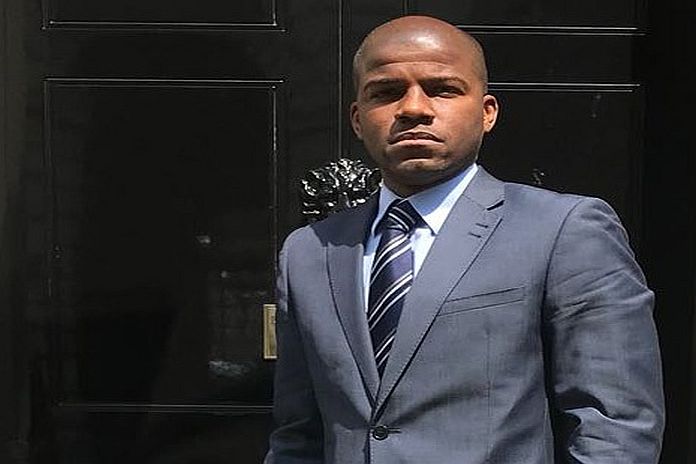By Benito Wheatley
The Black Lives Matter movement is prompting the British Virgin Islands (BVI) to look at both racial injustice abroad and discrimination at home as global protests continue around the world against police brutality and systemic racism toward people of African descent (i.e. black people), sparked by the horrendous death of George Floyd, an African American man, at the hands of white police officers in the United States (US). The BVI government has expressed solidarity with the Black Lives Matter movement, but wider societal participation will be tested at the Black Lives Matter march in Road Town on June 20.
International solidarity
From an international perspective, the movement against racial injustice and systemic racism is important to the BVI because a less racist US, United Kingdom (UK) and the world will be safer and more welcoming for the people of the BVI who are predominantly of African ancestry and many of whom are connected to the outside world and whose interests are intertwined with countries that have a long history of racism. Eliminating racism in all forms should be a goal broadly shared by everyone in BVI society.
The BVI also has very practical reasons for showing solidarity with the Black Lives Matter movement. The large majority of BVI college and university students pursue their education in the US and most of the BVI Diaspora live and work in cities across America. Moreover, for decades BVIslanders have regularly travelled between the islands and the US for business and leisure. The global problem of racism and the particular danger presented by US police to people who are considered black, including many BVIslanders and their loved ones who reside in, or travel to the US, makes racial injustice abroad an issue that the BVI should not be silent about at this historic moment.
Local discrimination
At home, the BVI should not overlook its own often subtle problems of discrimination within the society. It is undeniable that prejudice of different kinds exists between societal groups on the islands. However, for decades the society has largely operated peacefully, preoccupied with economic activity and the pursuits of modern life. A measure of social integration has been achieved as several families are now of mixed national, racial, and ethnic heritage. However, despite the civility that has prevailed, social tensions continue to bubble below the surface that periodically erupts when issues around immigration and employment arise.
The BVI population today is comprised of 137 different nationalities, among which include persons with national backgrounds from the US, UK, Europe, Dominican Republic, Philippines, Middle East, and many Caribbean nations. The population also reflects several races and ethnic groups (i.e. Black, White, Arab, East Indian, Latino, Asian, etc.), as well as different socio-economic classes, and to a lesser extent, different religions. BVIslanders are the largest single national group that make up less than 40 percent of the population. Each societal group has its own identity, interests, ideas, prejudices, biases, and peculiarities. In many instances, associations, clubs, faith communities, and educational institutions have been formed around nationality, race, class, ethnicity, and religion.
There is also the fact that in certain quarters of BVI society, segregation is commonplace, which is not often publicly discussed. Enclaves have formed that have not been balanced by robust efforts in past years to effectively integrate the society’s various groups into a wider BVI community. There has also been a failure to effectively monitor and police economic and social discrimination by different groups toward each other. A concerted effort should be made to address these issues in order to achieve greater social cohesion and maintain social stability.
Social dialogue
A formal process of social dialogue is needed to allow members of the various strands of the wider BVI community to responsibly and maturely discuss their challenges and frustrations, without fear, and to gain mutual understanding and begin to address long-standing social and economic issues and divisions. However, in such a process, all concerned parties should refrain from making broad generalisations or blanket statements about different societal groups.
A proper understanding of the social and economic dynamics of the BVI and the interactions of its various societal groups is needed. An objective independent study of social relations, social cohesion, and economic relations within the society can provide a clearer picture of the situation on the ground and how things can be improved.
More immediately, however, existing systems for anonymous reporting and investigation into discrimination in the workplace at all levels and by companies in their business practices should be strengthened, along with enforcement of the laws already on the books.
Achieving meaningful change
The issues of racial injustice abroad and discrimination at home are sensitive and very uncomfortable for many in BVI society. However, some issues must be openly discussed and tackled if the BVI and the world in which it exists are to improve.
Marching in solidarity with the Black Lives Matter movement on June 20 will be important, but it should be coupled with local action to root out discrimination and build a fairer BVI.
This is a moment where all people of good conscience should be on the right side of history.






